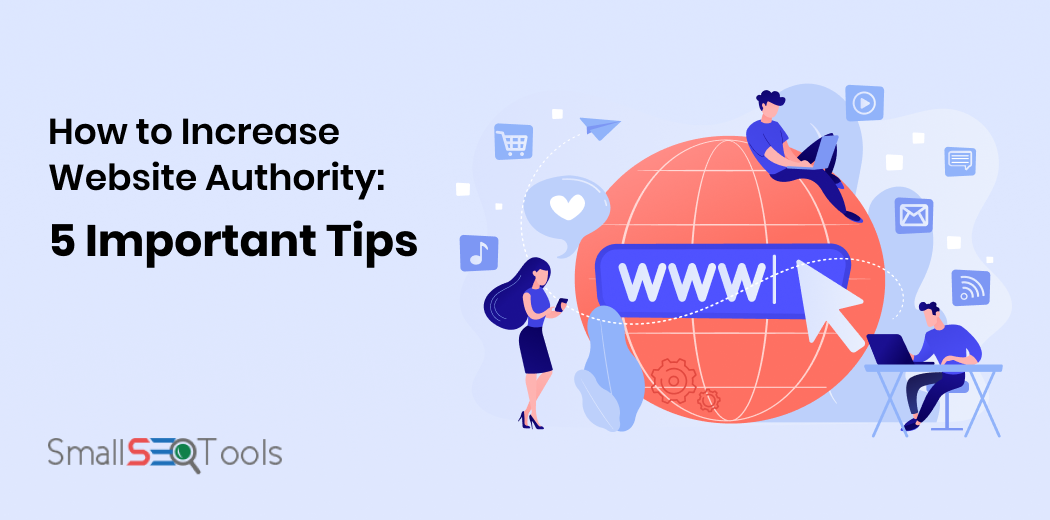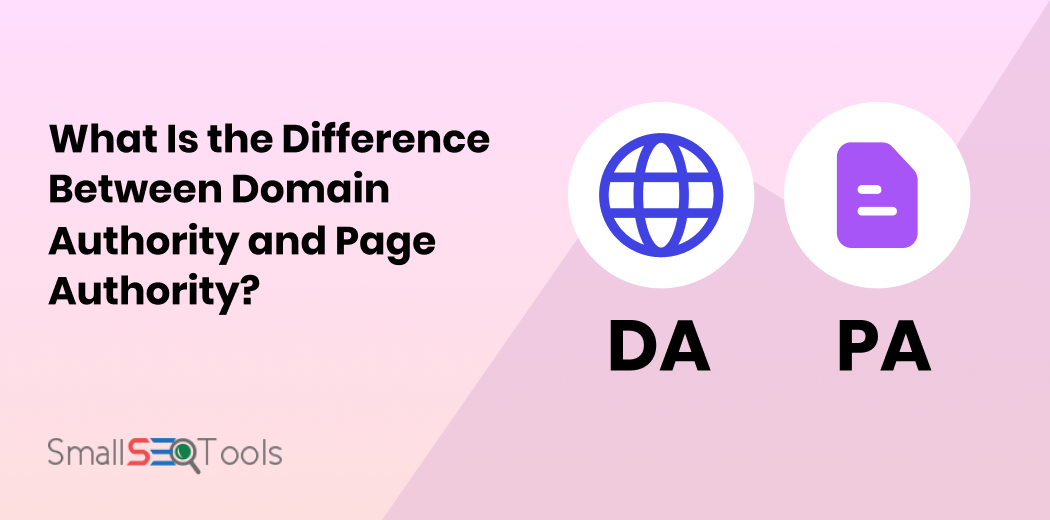Important Rules for Building a Website

These days, it’s very easy to have a website made for your business or idea. But before you begin, there are a few rules you need to know.
Rule #1: Don’t do this!
If you don’t want to invest a reasonable amount of money on quality web development, you can always use a free site builder or web template. Heck, ask your neighbors teenager to do it, he does the computer stuff.
Do not do this.
You’re going to get back exactly what you put in. Half-assing a website is a waste of time and money. Do it right and go for kick ass instead. As weird as it sounds, investing more up front always saves you more in the long term. Pinky promise.
Rule #2: Know your keywords.
It helps to know which keywords will send targeted traffic from Google to your website. You’ll want to use valuable search phrases consistently throughout your site. It helps to know which keywords will bring you the most qualified traffic, so do your research– and use common sense before littering your site with useless phrases. But…
Rule #3: Don’t make getting traffic your priority.
SEO and marketing are crucial elements of maintaining an effective website. This does require SEO to be incorporated into every single website… but don’t be so in-your-face about it either. Even search engines are turned off by over-optimization so that basically defeats the whole purpose.
Rule #4: Getting traffic is pointless if you can’t keep visitors interested!
Let’s just move away from SEO and internet marketing all together and focus on this. If your website sucks, everything else is in vain. So be sure your website has all of the most important characteristics for a user friendly experience.
Rule #5: Keep track of things.
OMG the internet is full of tools for this! With resources like Google Analytics and Small SEO Tools, you’ll never have an unanswered question. Need to know where you rank for a certain keyword? Use this tool. Need to know your conversion rate? Use this tool. Need to know if somebody has ripped off your web content? Use this tool to check for plagiarism.
Seriously… it couldn’t be easier to find answers to the most important questions. But first you have to start by asking the right questions!
Make it a point to perform a scheduled audit and assessment of specific sets of data, so you can better understand how users engage with your website. In a nutshell, this is the only way to identify your strengths and weaknesses so you can highlight one and work on the other.
Rule #6: Don’t forget about the real world.
You use SEO to get more targeted traffic to your website through search engines, but what about other mediums? No, not social media or guest blogging… what about real world marketing and advertising? (Print, TV. Radio, etc.) Reaching the largest possible audience is what it’s all about, and establishing brand familiarity only increases your odds of becoming a high traffic website.
Rule #7: Continue to give your audience what they expect, at least.
If possible, give your audience more than they expect. That’s what they deserve! But above all else, do not disappoint. Avoid making promises that you can’t fulfill. Avoid making claims that are purely fiction. Aim to impress, and continue impressing. In the end, it’s not about what your website can do for you that matters… it’s about what your website does for your visitors that makes all the difference.











